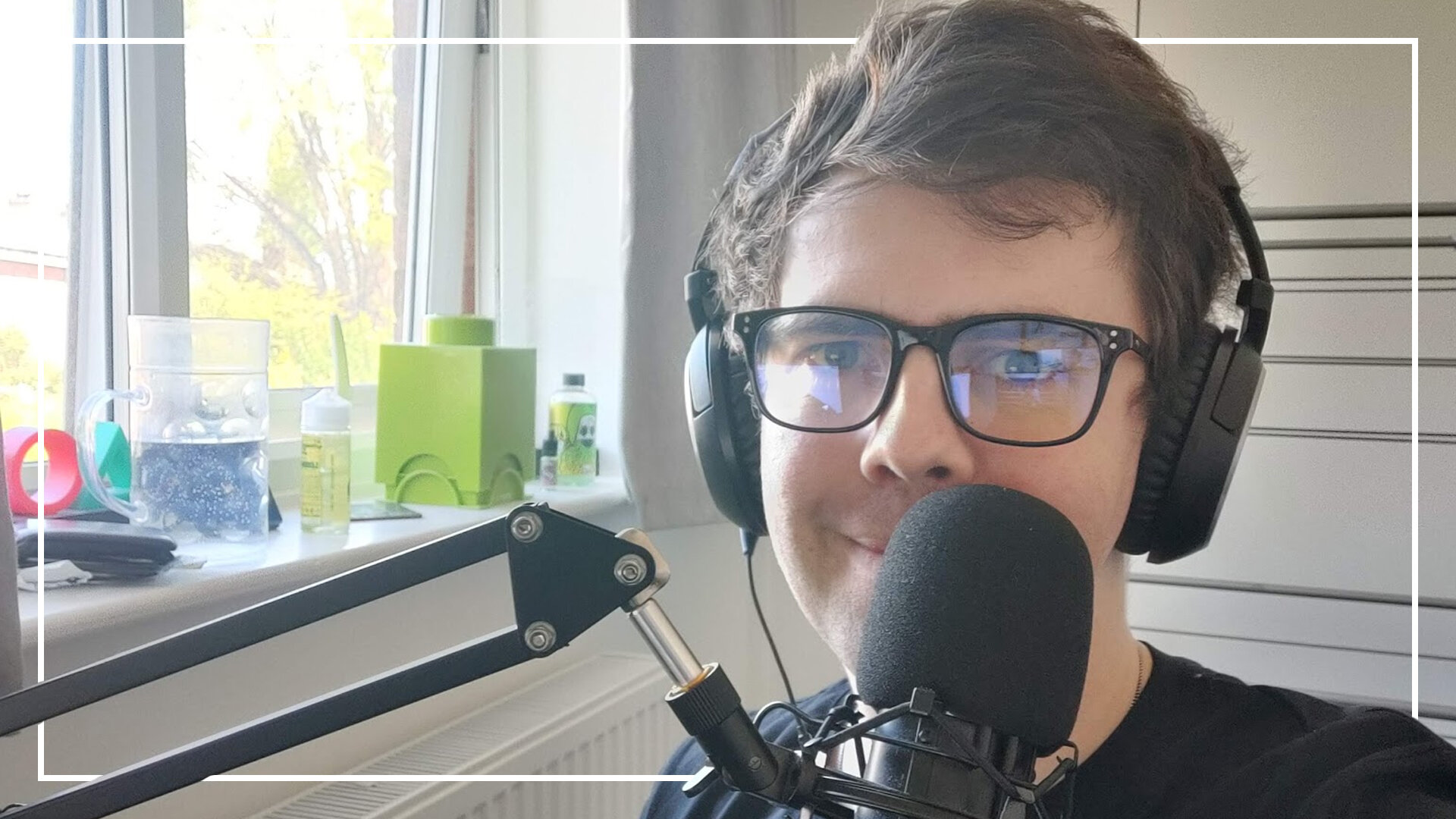Google Teams Up With NHS To Inject AI Into Head And Neck Cancer Treatment
Google is teaming up with the UK’s National Health Service to put its artificial intelligence system, DeepMind Health, to the test of helping improve head and neck cancer treatment.
On the back of their Health initiative launched earlier this year, the project works closely with 700 former cancer patients at the University College London Hospital – taking scans and seeing if they can speed up the process of treatment.
The current problem slowing this process down is mapping our exactly what areas need radiotherapy treatment – taking roughly up to four hours for clinicians to painstakingly select each individual area.
And with one in 75 men and one in 150 women being diagnosed with oral cancer during a lifetime (according to Google), something needs to be done.
So how could Artificial Intelligence cut this time down?
Well, DeepMind Health will analyse UCLH samples to build up a machine learning database to make decisions based off.
After this, the developed algorithm can automatically tell the difference between healthy and cancerous tissues – segmenting and selecting all that requires treatment in the desired new time of one hour.
While this “segmentation” process is automated, clinicians are still in charge of checking over DeepMind’s work – providing that warmly welcomed human expertise. But this will definitely free up more of their time for education, research, and patient care most importantly.
Cool! When can we see this?
The agreed research time is set to last five years, following which DeepMind Health will publish results through the standard academic channels.
After the formal peer review process, then we should start to see it at work in person – expect mid-2020s.













Alongside the scientists, 50% of the British public and the future health of young people across the nation, I have one simple request: delay Freedom Day, please.